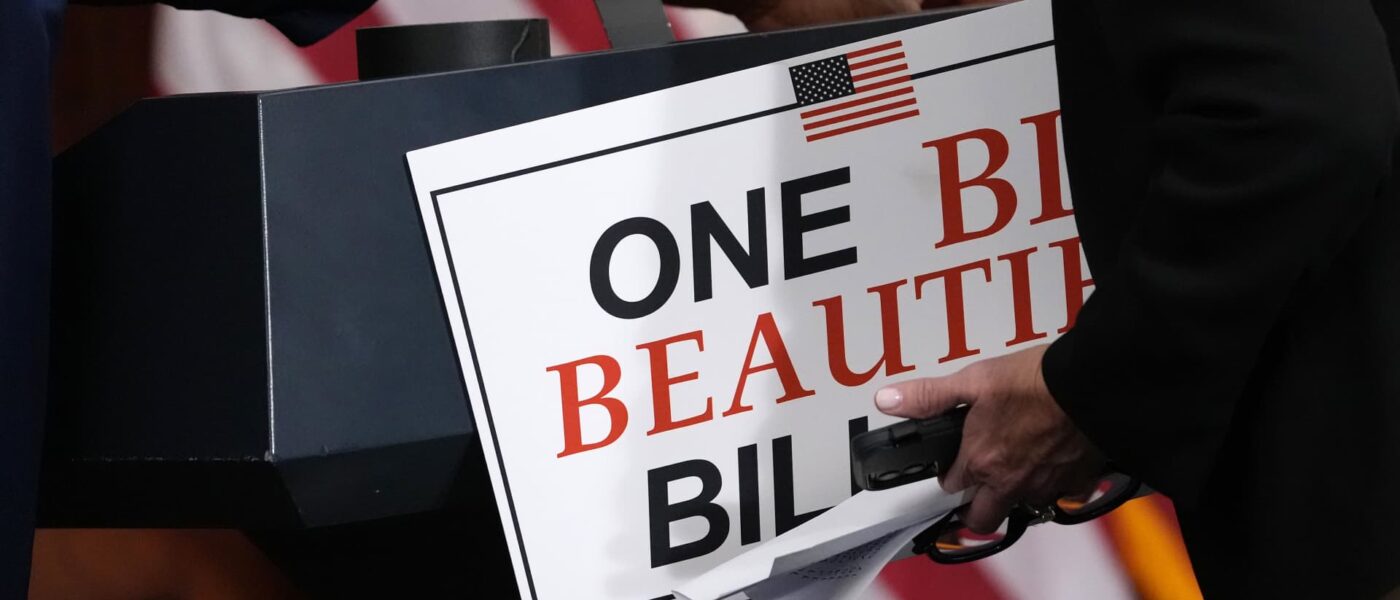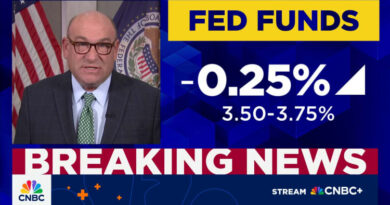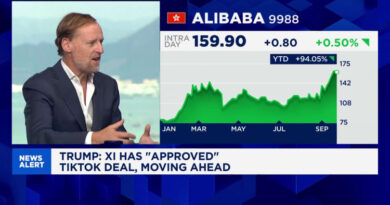House Republican ‘big beautiful’ tax bill favors the rich
Staff members remove a sign following a press conference after the House passage of the tax and spending bill, at the U.S. Capitol on May 22, 2025 in Washington, DC.
Kevin Dietsch | Getty Images
There’s a stark contrast between the effects on high earners and those on low-income households in a sprawling legislative package House Republicans passed Thursday.
The bulk of the financial benefits in the legislation — called the “One Big Beautiful Bill Act” — would flow to the wealthiest Americans, courtesy of tax-cutting measures such as those for business owners, investors and homeowners in high-tax areas, experts said.
However, low earners would be worse off, they said. That’s largely because Republicans partially offset those tax cuts — estimated to cost about $4 trillion or more — with reductions to social safety net programs such as Medicaid and the Supplemental Nutrition Assistance Program, or SNAP, formerly known as food stamps.
The tax and spending package now heads to the Senate, where it may face further changes.
‘It skews pretty heavily toward the wealthy’
The Congressional Budget Office, a nonpartisan federal scorekeeper, estimates income for the bottom 10% of households would fall by 2% in 2027 and by 4% in 2033 as a result of the bill’s changes.
By contrast, those in the top 10% would get an income boost from the legislation: 4% in 2027 and 2% in 2033, CBO found.
A Yale Budget Lab analysis found a similar dynamic.
The bottom 20% of households — who make less than $14,000 a year — would see their annual incomes fall about $800 in 2027, on average, Yale estimates.
The top 20% — who earn over $128,000 a year — would see theirs grow by $9,700, on average, in 2027. The top 1% would gain $63,000.
The Yale and CBO analyses don’t account for last-minute changes to the House legislation, including stricter work requirements for Medicaid.
“It skews pretty heavily toward the wealthy,” said Ernie Tedeschi, director of economics at the Yale Budget Lab and former chief economist at the White House Council of Economic Advisers during the Biden administration.
The legislation compounds the regressive nature of the Trump administration’s recent tariff policies, economists said.
“If you incorporated the [Trump administration’s] hike in tariffs, this would be even more skewed against lower- and working-class families,” Tedeschi said.






